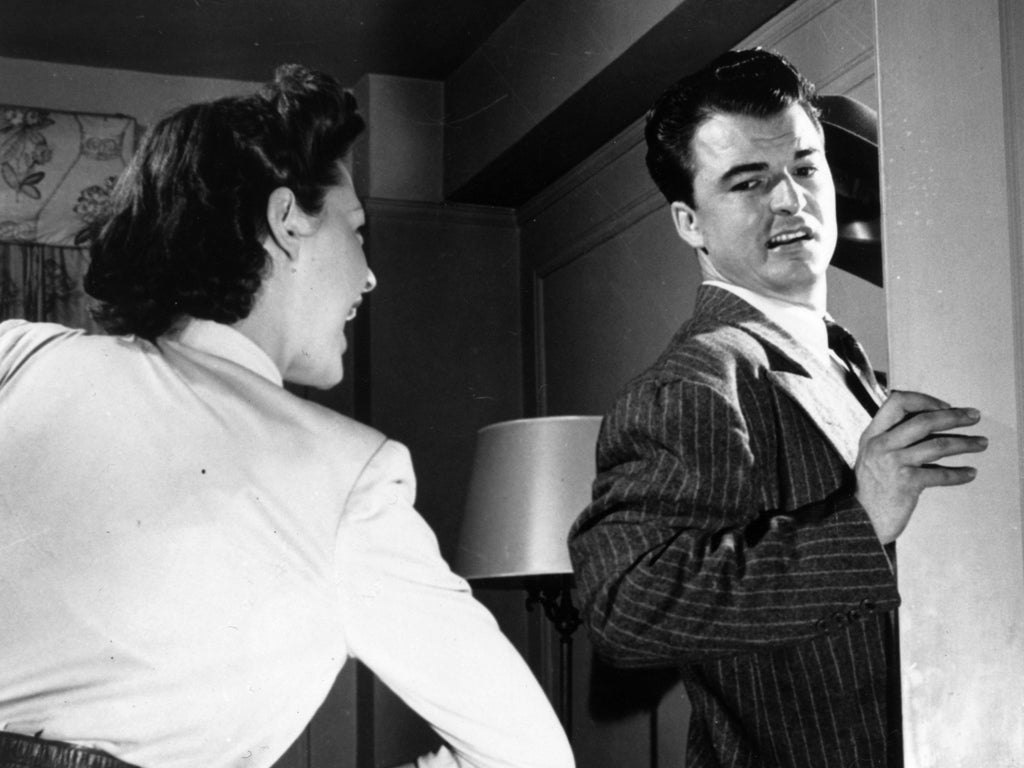Debrett's guide to divorcing with decorum
Breaking up may be hard to do, but now it needn't be impolite. Jonathan Owen and Paige Long report

Once, the divorcee was up there with the leper and lecher as a social pariah. Today, so many marriages end in failure that the time has come to formalise the rules of disengagement.
Step forward Debrett's, chroniclers of the posh since 1769, whose guide to the peerage has provided essential reading for generations of social climbers. Since the mid-Nineties, the small publishing house has expanded into handbooks on etiquette, such as their popular "guide to the season".
Now, they have teamed up with the leading divorce lawyers Mishcon de Reya, who represented Diana, Princess of Wales, to create Debrett's Guide to Civilised Separation, published next month at £12.99.
The idea is to help warring couples maintain some decorum and good manners in the usually uncivilised business of divorce. "Throwing your husband's vintage wine collection down the loo or cutting his suits to shreds might seem like a therapeutic gesture when you're in the throes of rage and despair, but it can rebound on you and undermine your case," is a typical pearl of wisdom.
In addition to making statements of the bleeding obvious, the book offers practical information about the process of divorce, and tips on how to break the news to friends and colleagues. It gives a warning against the dangers of becoming a "divorce bore", as you risk being "struck off the dinner-party guest list" (though some people might feel that was a blessed relief).
Divorce is now a rite of passage for hundreds of thousands of people each year. One in three marriages breaks down by the 15th anniversary, compared with one in five in 1970. Figures released last month showed a 4.9 per cent rise in divorces in England and Wales – the first in seven years – in 2010, with 119,589 divorces compared with 113,949 in 2009. Fifty years ago there were just 28,935.
Consistent with the main point of social etiquette, which is to make life as agreeable as possible for everyone at all times, the new guide states that being "relentlessly polite and civilised" will "defuse any fall-out" among family and friends. It advises "friendly Christmas cards" to the in-laws and estranged friends: "nobody will be able to fault your good manners."
The guide also urges people to take a "minder" along when attending events where their ex will be, to monitor their "behaviour, alcohol intake and emotions".
As for "correct forms of address", the guide adopts a traditional line, reminding women that convention dictates keeping "Mrs" and their married surname, but using their own forename. It makes allowances for younger women to revert to their maiden name.
Conrad Free, the chairman of Debrett's, said: "We're trying to help people through a step-by-step process in what can be an emotional minefield."
Sandra Davis, the head of family law at Mishcon de Reya, said: "Even in the most difficult of personal situations, courteous and considerate behaviour helps to reduce animosity and distress."
One woman whose divorce came through this month said it was not a civilised affair. Karen Hopkin, a 46-year-old mother of one from Folkestone, Kent, said: "Going through the process of divorce was incredibly difficult. We hardly ever communicate, and if we do, it's through text message."
She added: "Books like Debrett's would have helped me cope with my new life, but it needs to be a shared process. If your partner isn't willing then it doesn't really work."
As with anything that requires the involvement of lawyers, divorce is now a multimillion-pound industry. Seal and Heidi Klum were rumoured yesterday to be the latest high-profile couple to call it a day after six years together. Set against the thousands of pounds that can be spent on lawyers in such cases, £12.99 could be a worthwhile investment.
Join our commenting forum
Join thought-provoking conversations, follow other Independent readers and see their replies
Comments
Bookmark popover
Removed from bookmarks